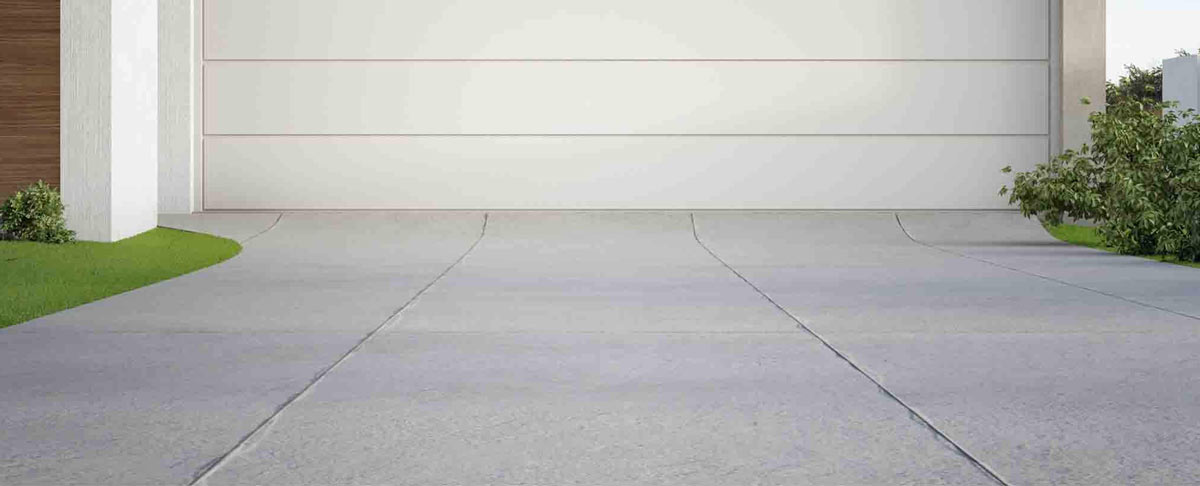The first factor that can have an effect on your new concrete driveway cost is whether there are any shallow cables, pipes, or other utility lines preventing neccesary preparation/excavation work. Additional costs may be incurred if certain lines need to be re-positioned. Free online services such as beforeUdig can be used by driveway researchers to do research in order to protect workers and important property assets.
Excavation of topsoil is done using an excavator machine to level out the new driveway area to around 250mm under ground level. In this stage of project, prices can vary according to the size of machine needed - usually a mini excavator or dingo will be sufficient for typical residential driveways, but larger track-mounted excavators might be required for larger, longer driveways. The size of the driveway will similarly affect the time (and consequently cost) needed for compacting gravel and soil with a place compactor.
Costs that are common to all driveway construction is the wooden formwork and stakes need to anchor it. Material costs before the concrete goes down might also be sand and gravel that are added to firm up the base and ensure thickness.
After the concrete has been poured it needs to set and cure, with price being affect if methods other than standard watering are employed. Sealing the concrete driveway with a specialised sealant is one way of curing the concrete, or by a carefully scheduled regimen of daily watering.
Costs that are common to all driveway construction is the wooden formwork and stakes need to anchor it. Material costs before the concrete goes down might also be sand and gravel that are added to firm up the base and ensure thickness.
After the concrete has been poured it needs to set and cure, with price being affect if methods other than standard watering are employed. Sealing the concrete driveway with a specialised sealant is one way of curing the concrete, or by a carefully scheduled regimen of daily watering.


